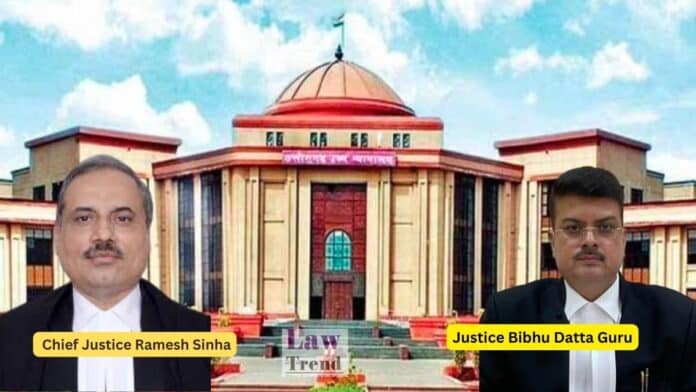The High Court of Chhattisgarh at Bilaspur has dismissed a writ petition filed by M/s Kunal BSBK Joint Venture Pvt. Ltd. seeking reimbursement of Goods and Services Tax (GST) from the Chhattisgarh Housing Board (CGHB), holding that the dispute arose purely from contractual obligations and could not be adjudicated under Article 226 of the Constitution
To Read More Please Subscribe to VIP Membership for Unlimited Access to All the Articles, Download Available Copies of Judgments/Order, Acess to Central/State Bare Acts, Advertisement Free Content, Access to More than 4000 Legal Drafts( Readymade Editable Formats of Suits, Petitions, Writs, Legal Notices, Divorce Petitions, 138 Notices, Bail Applications etc.) in Hindi and English.




